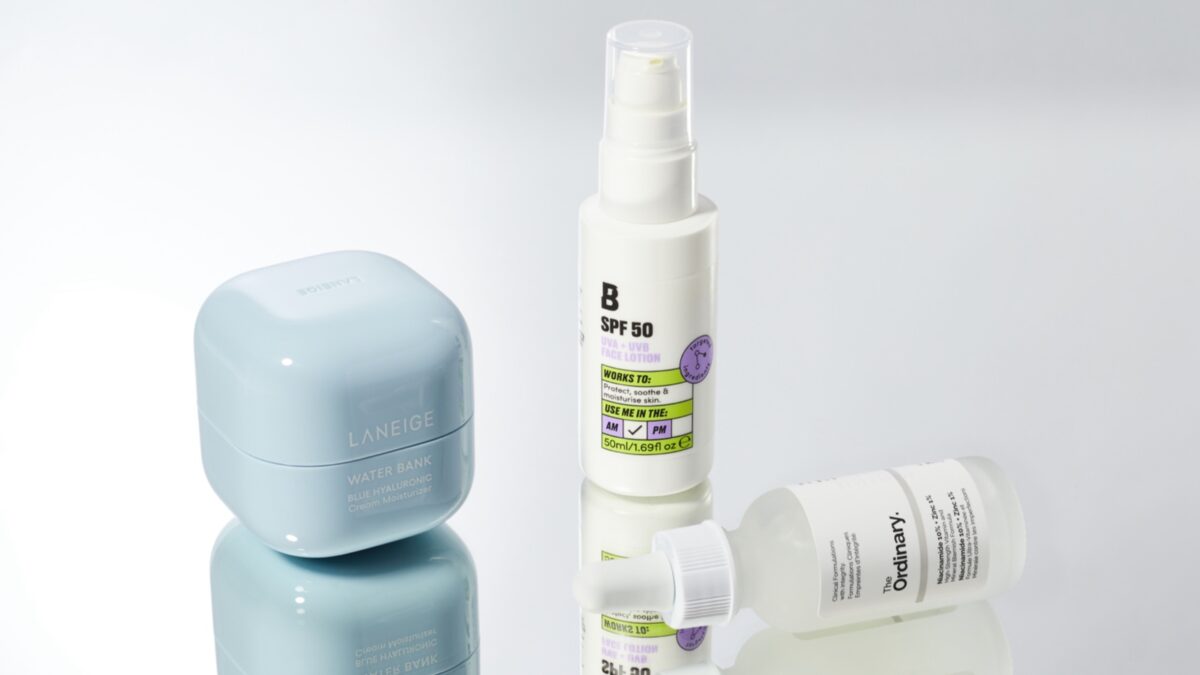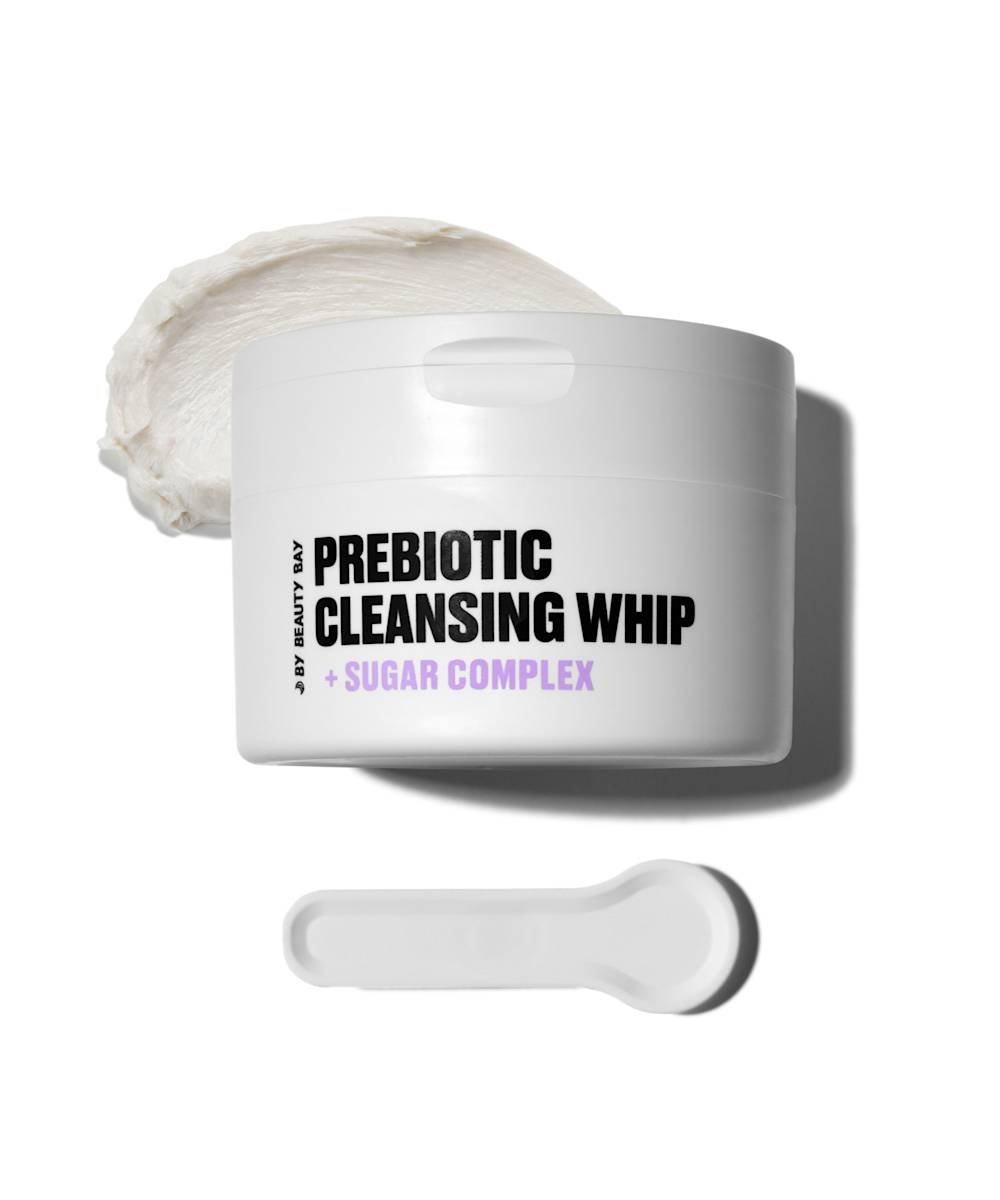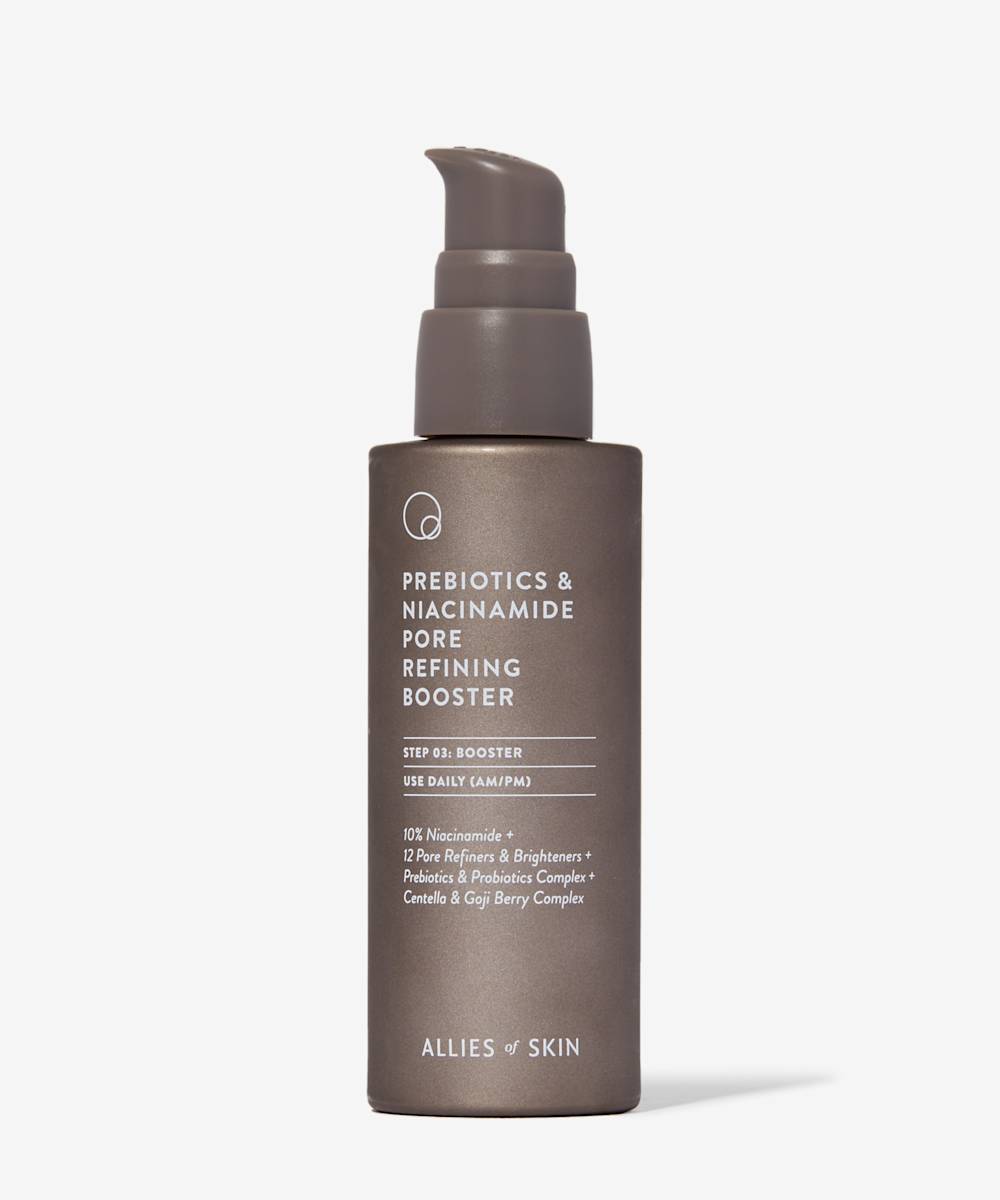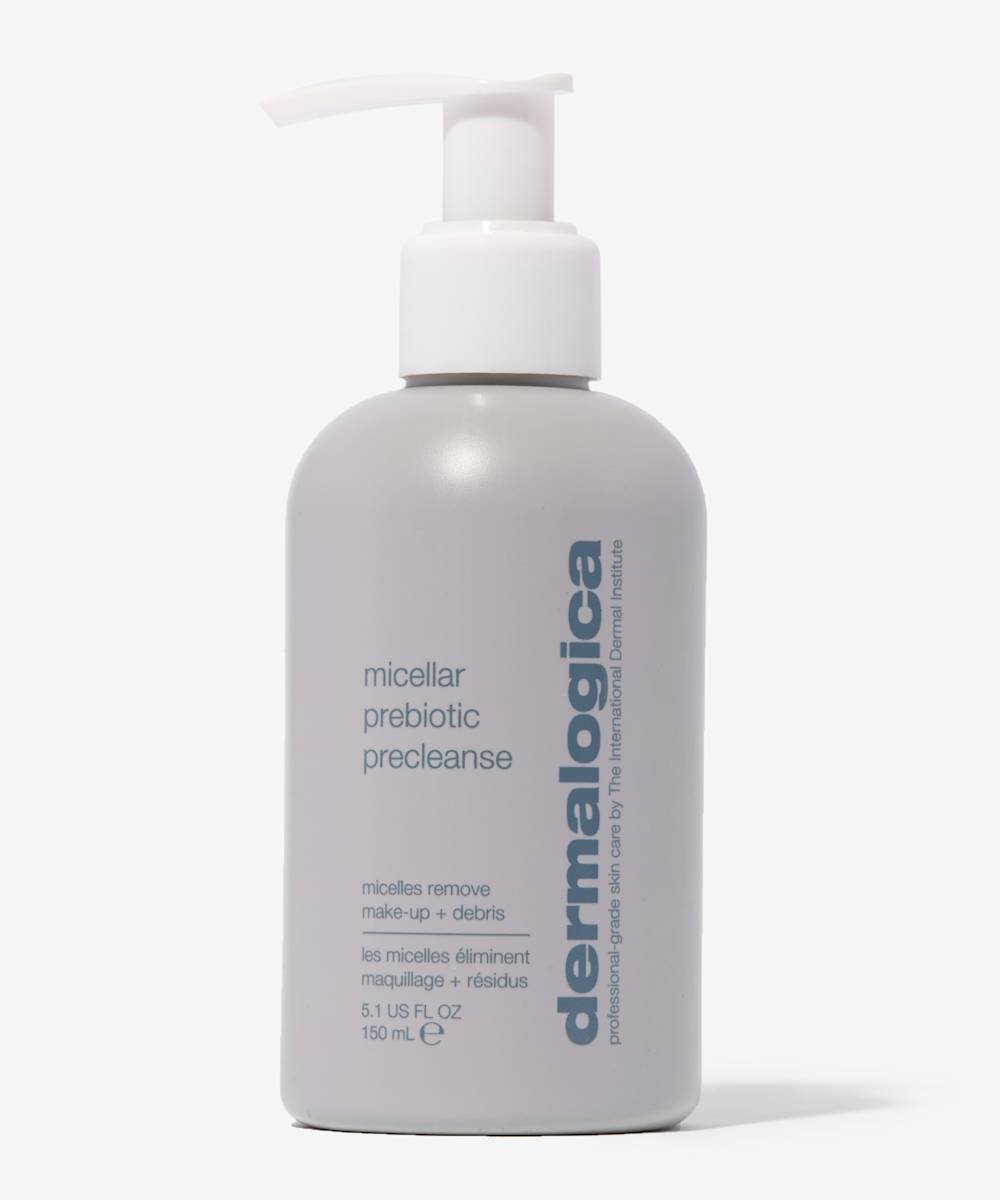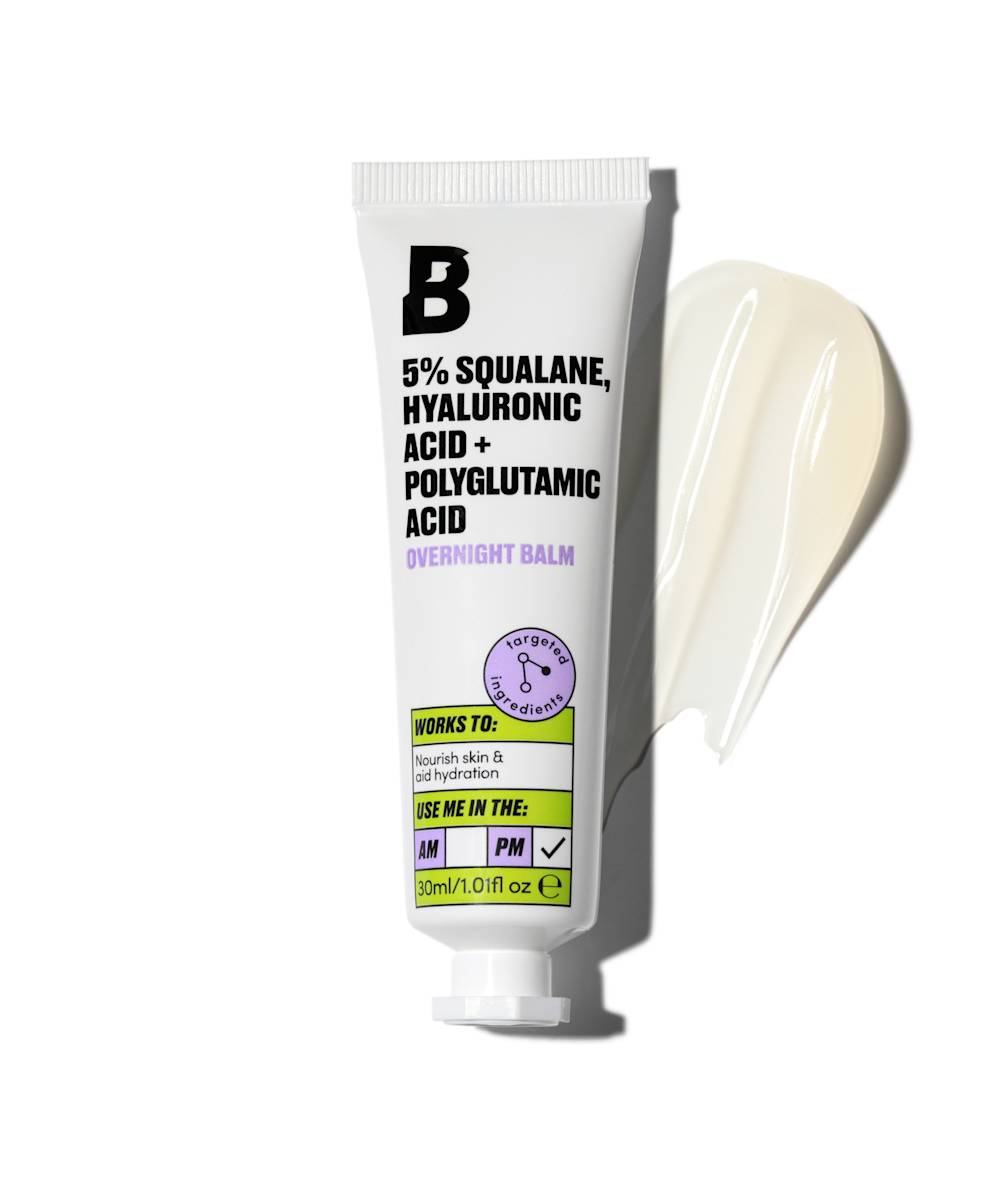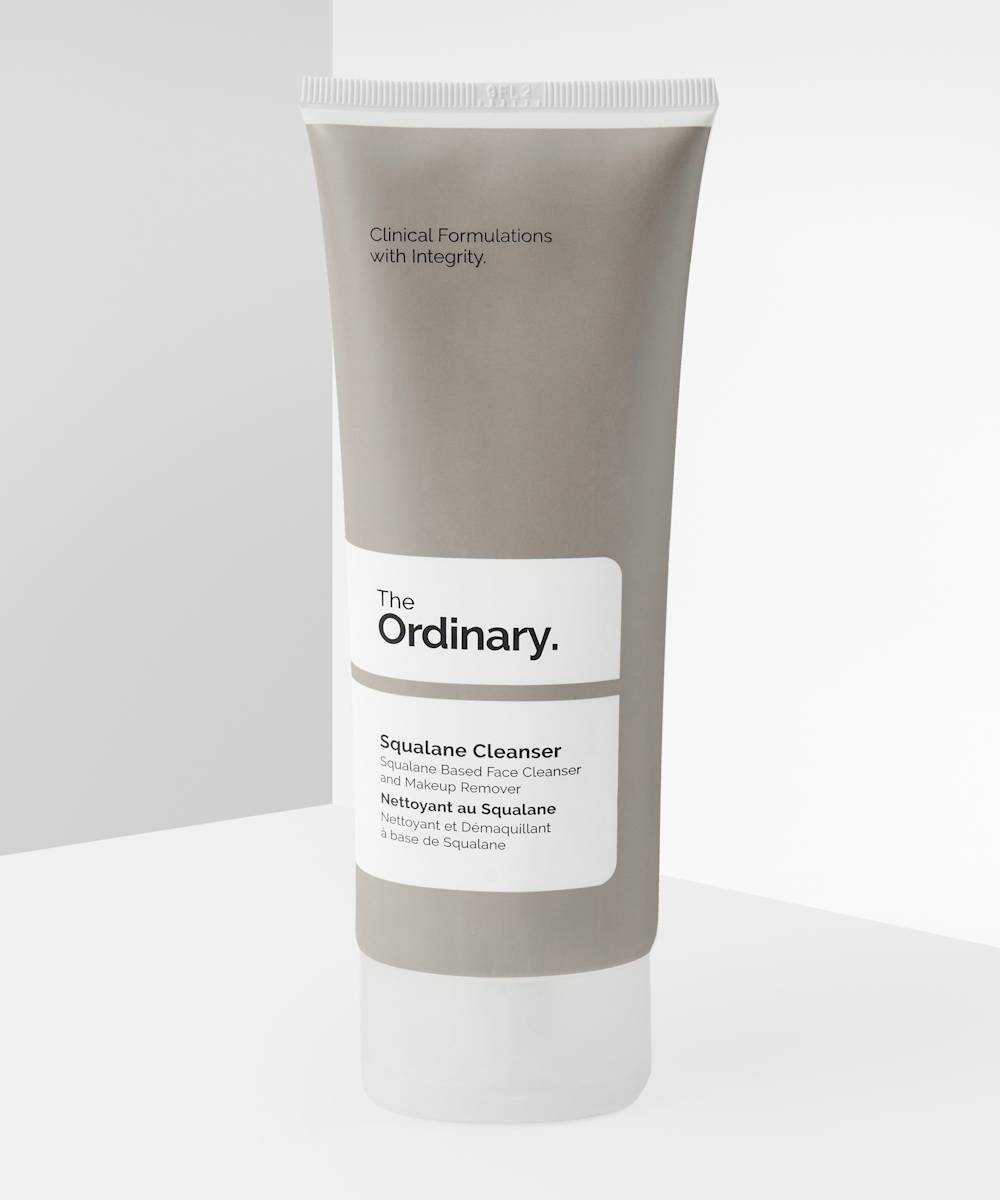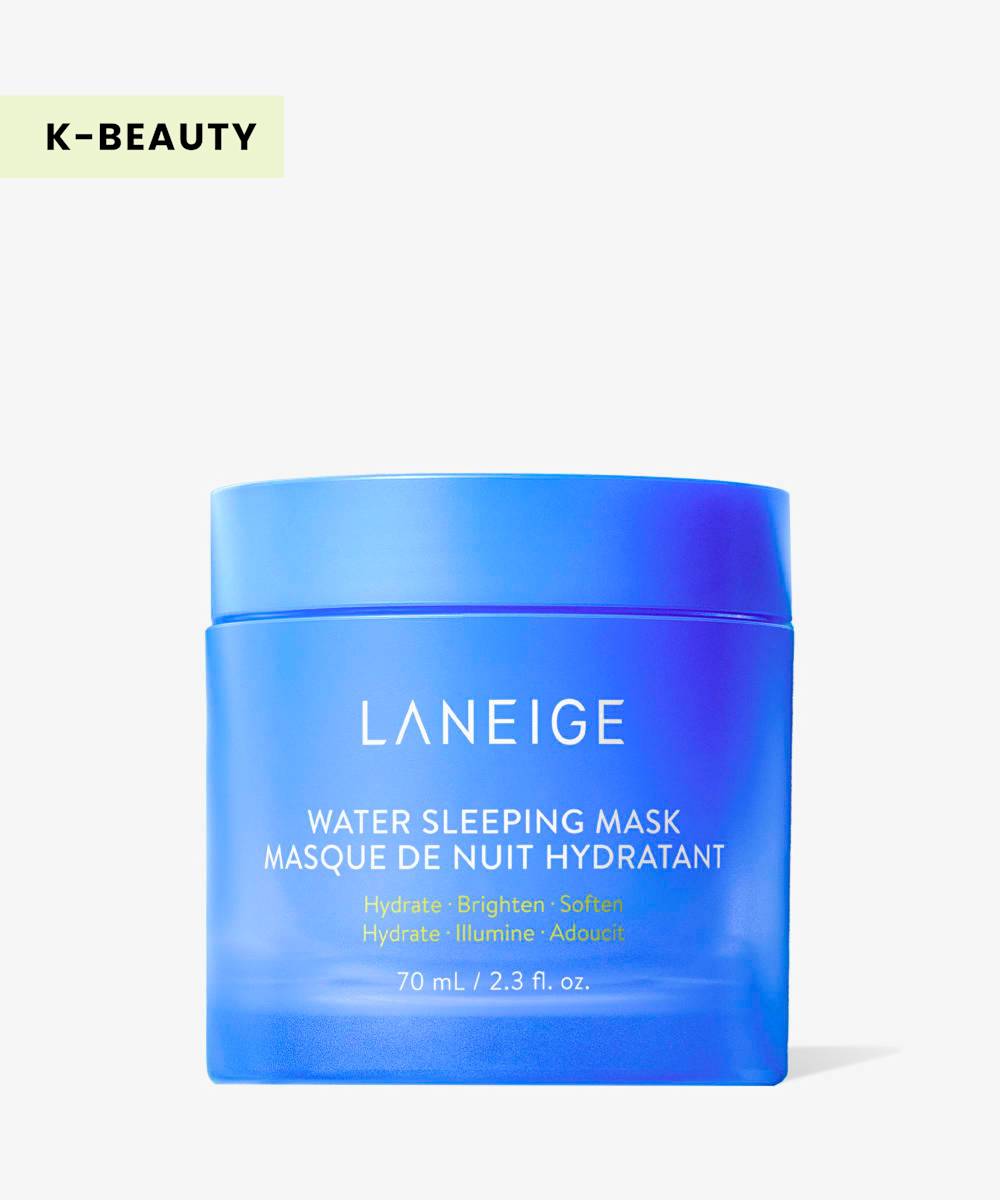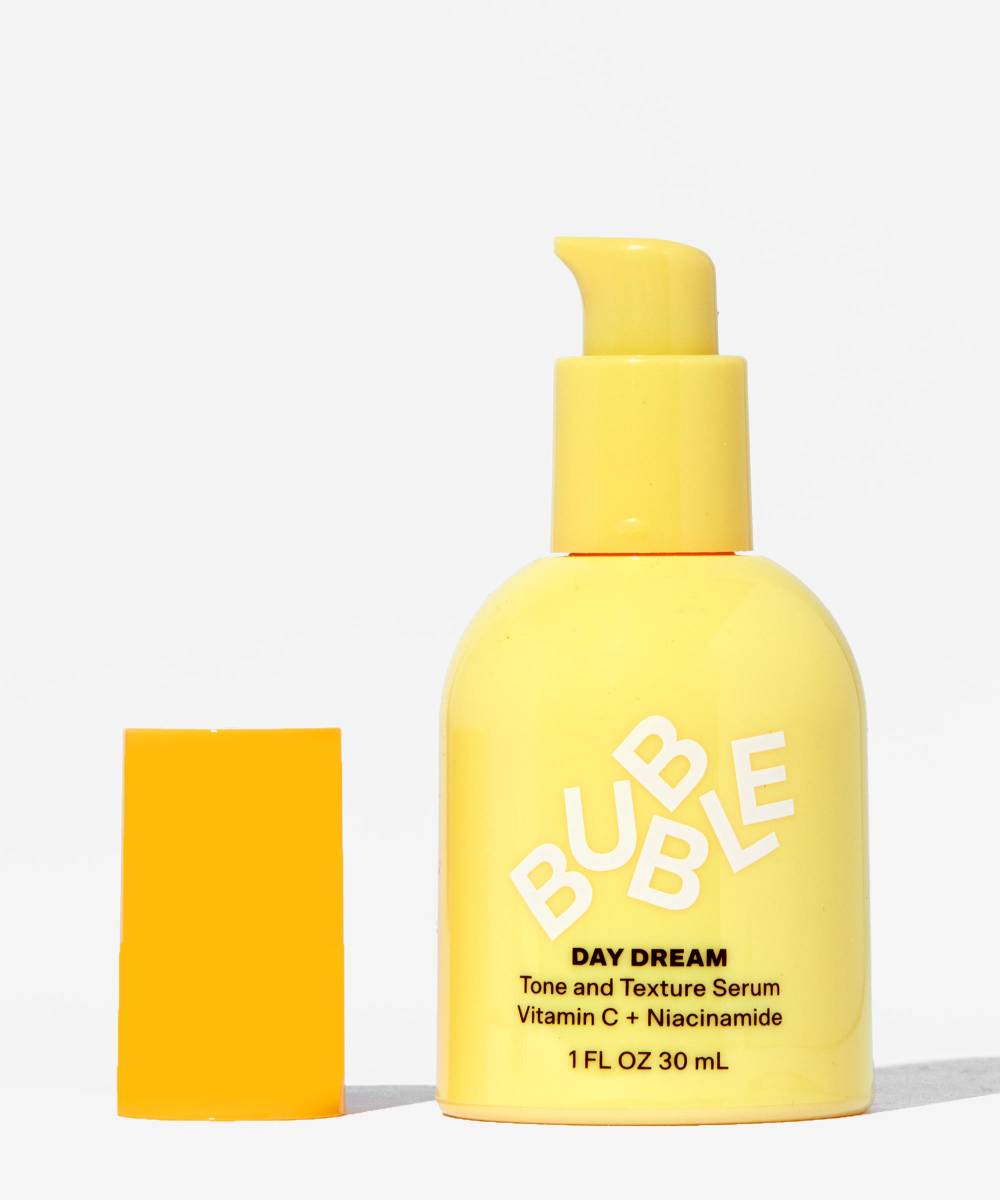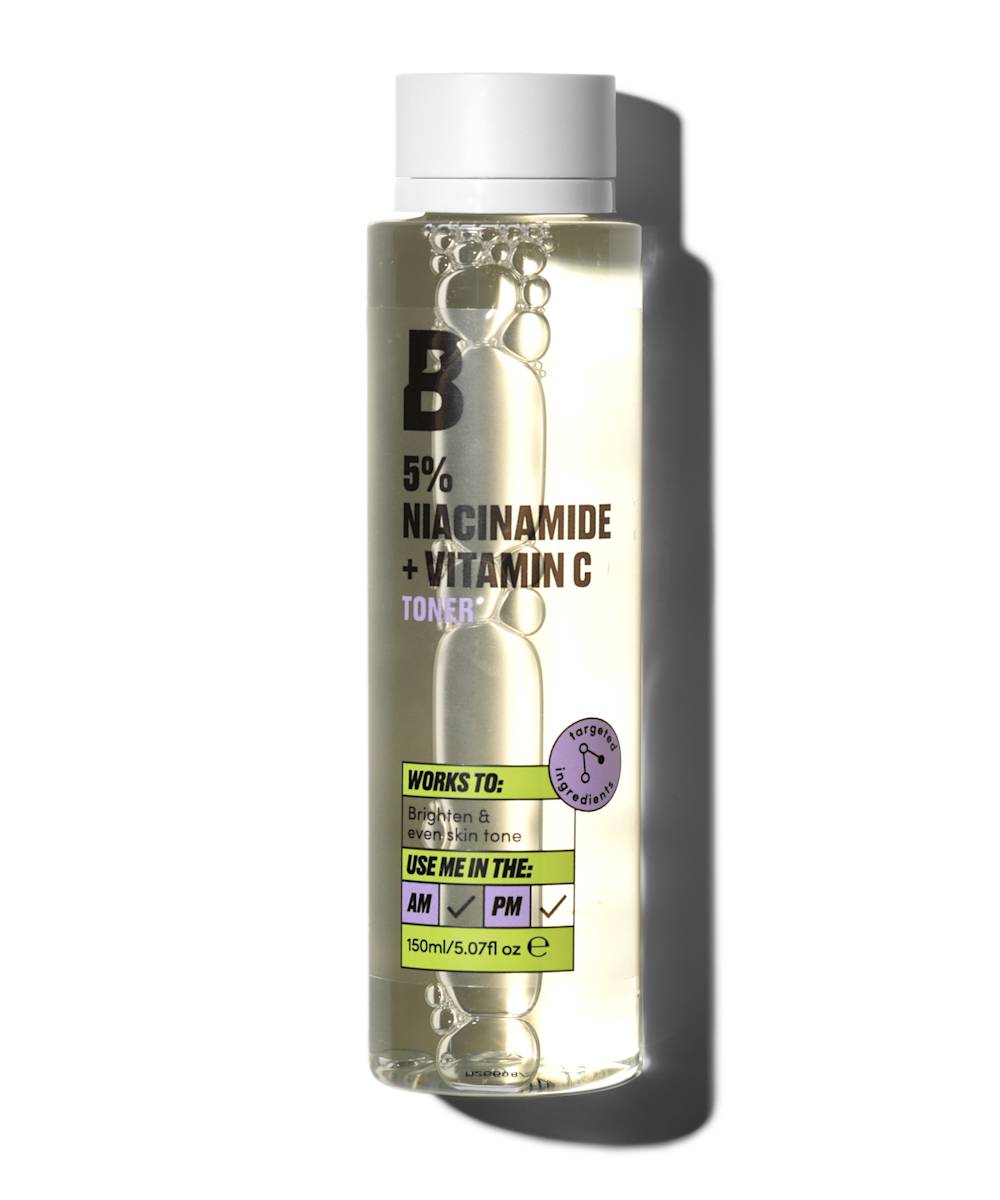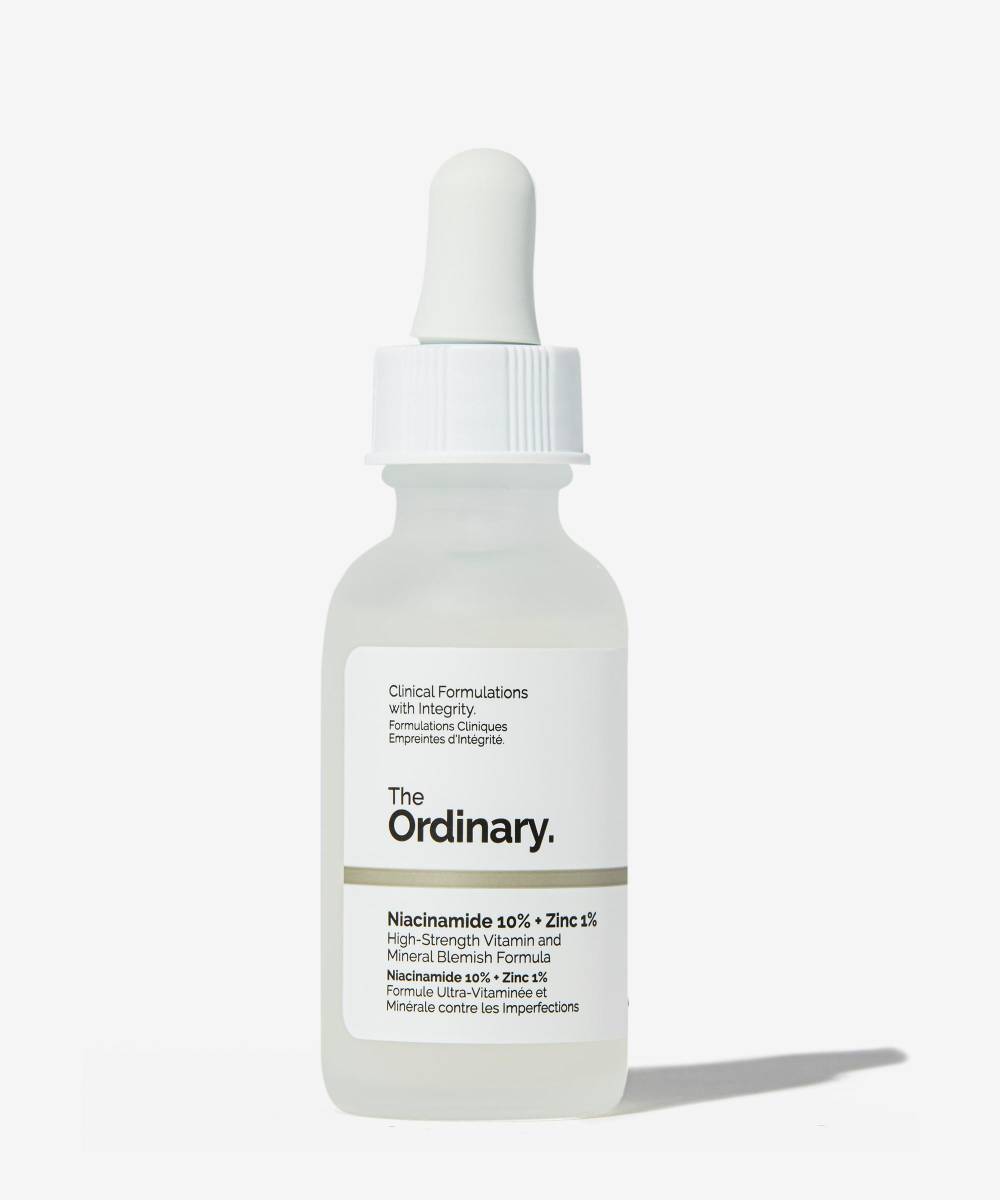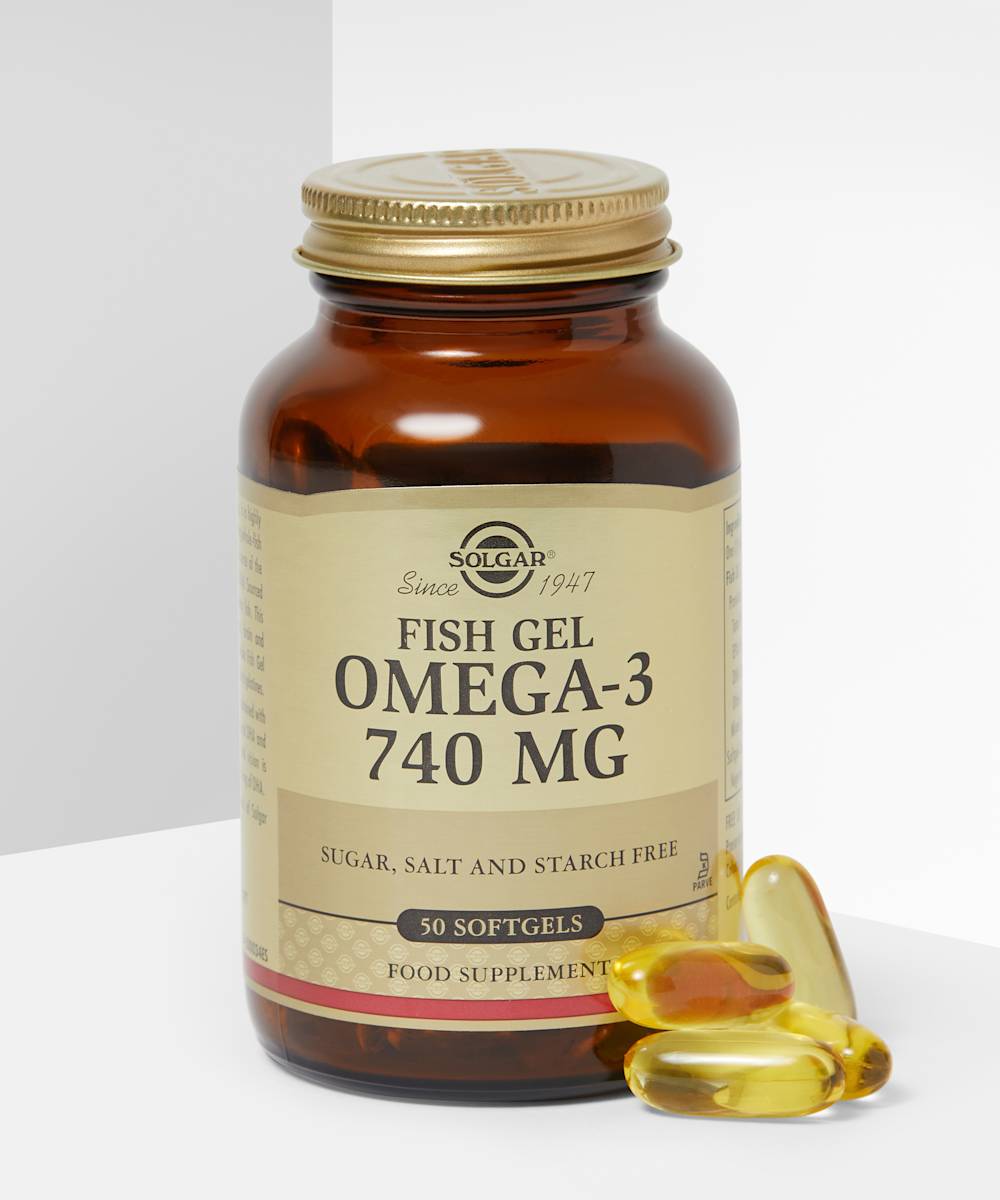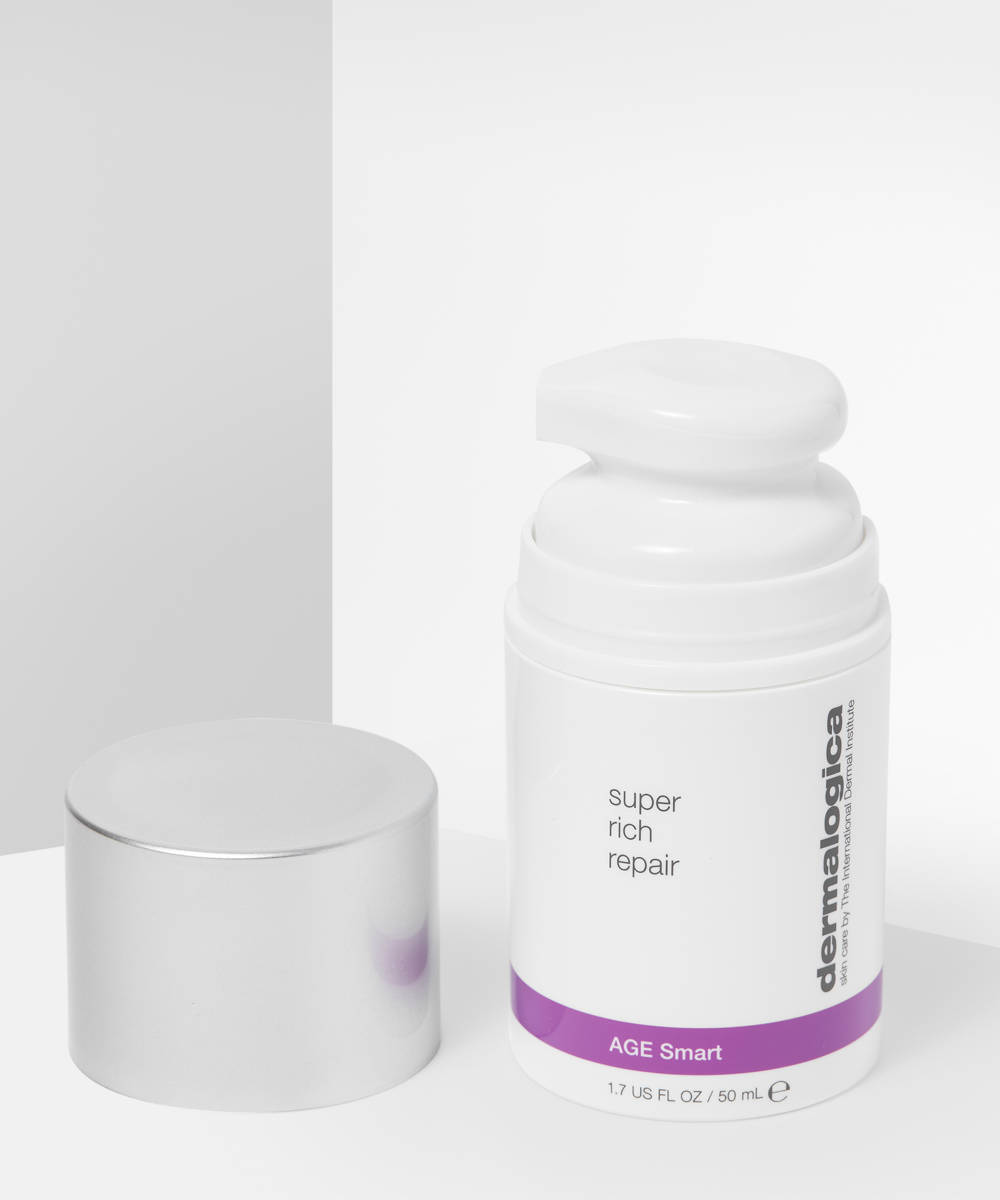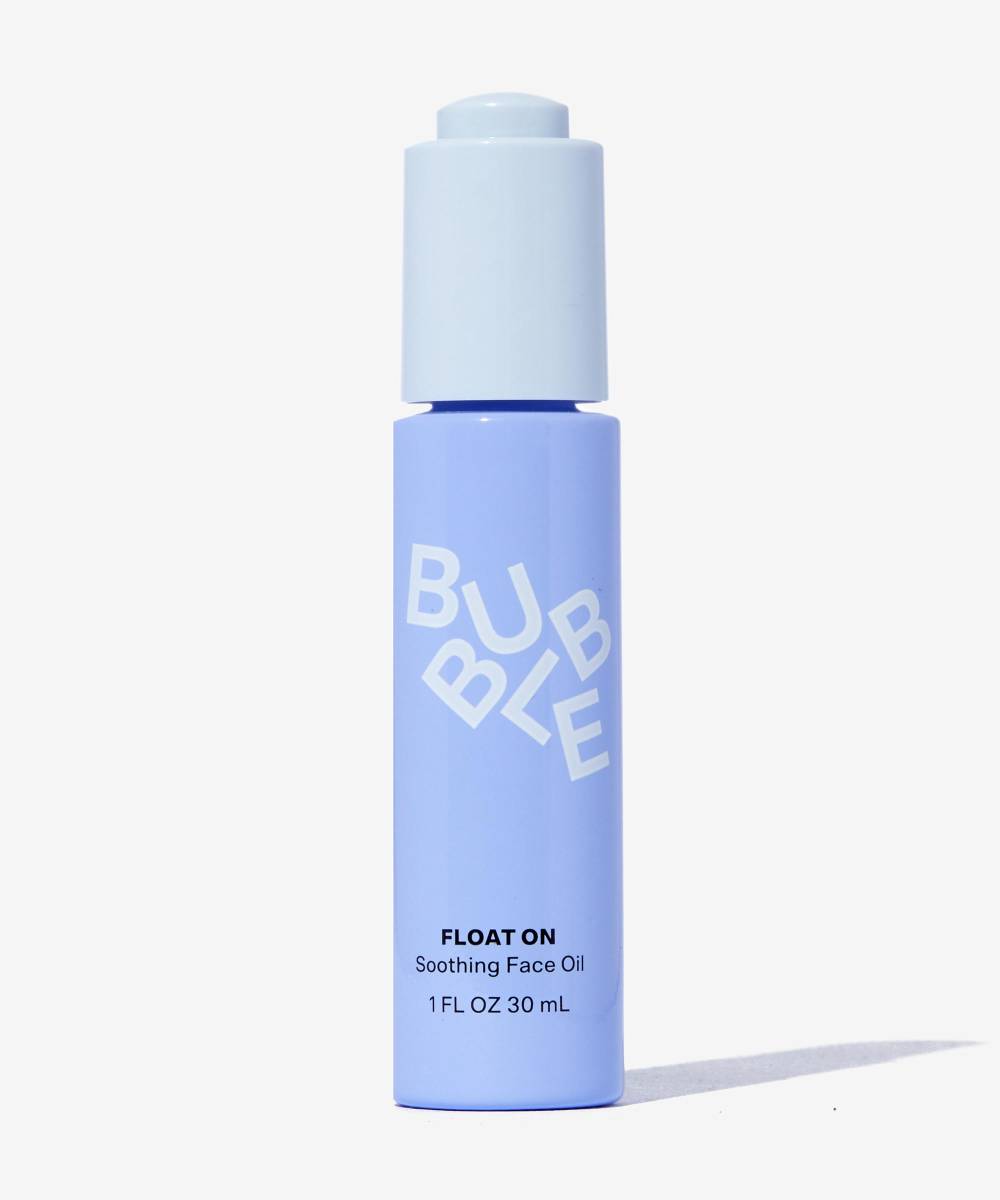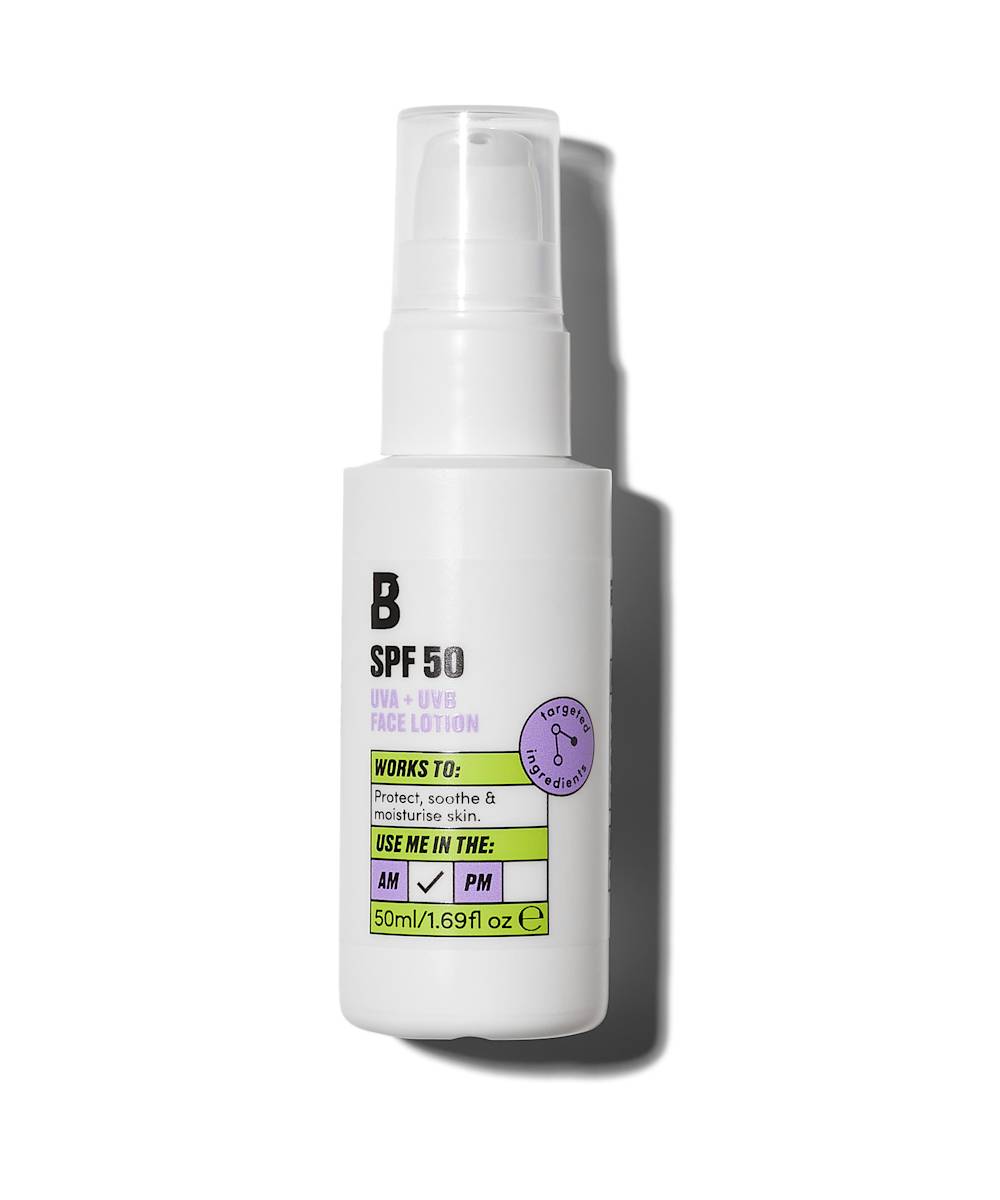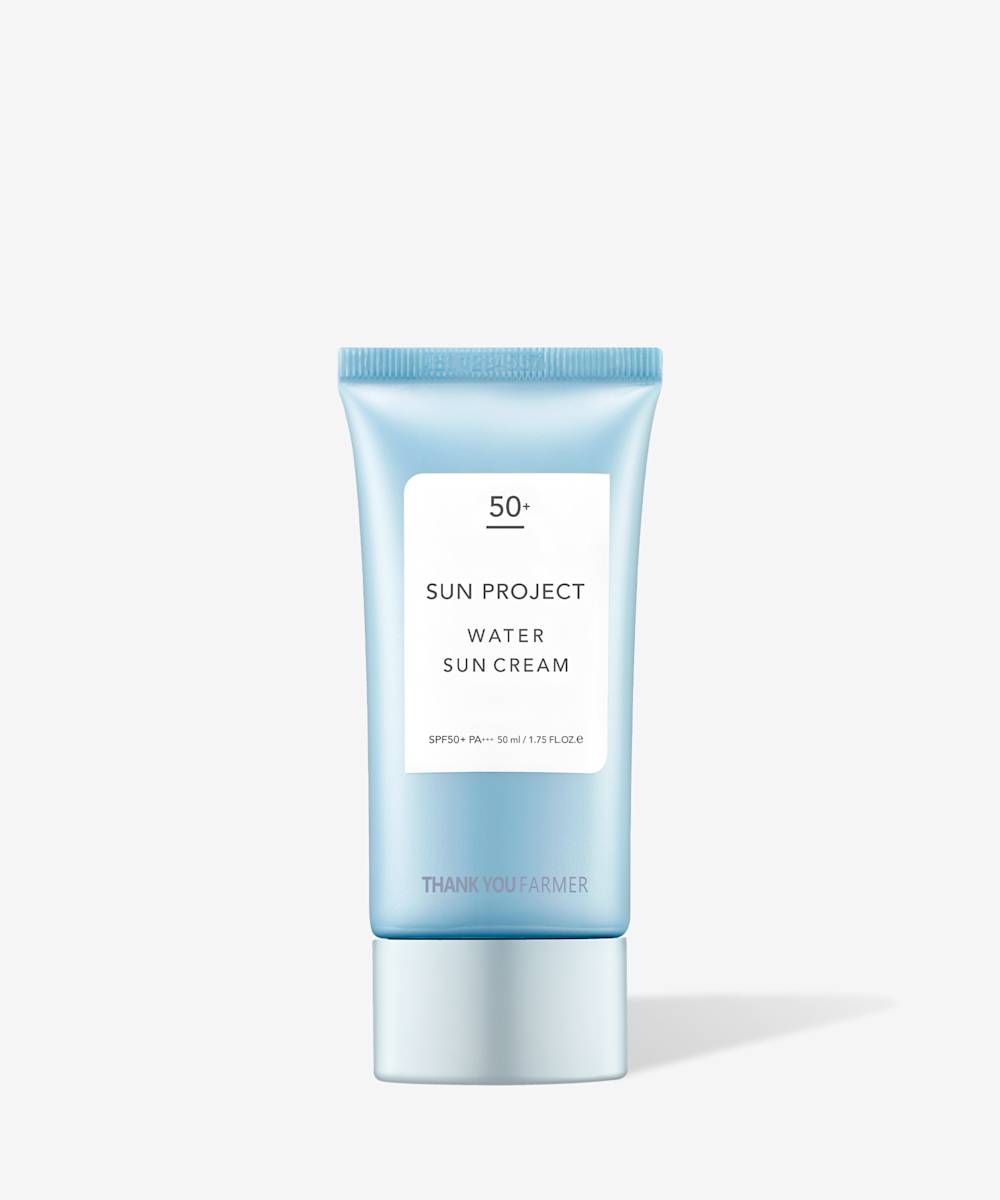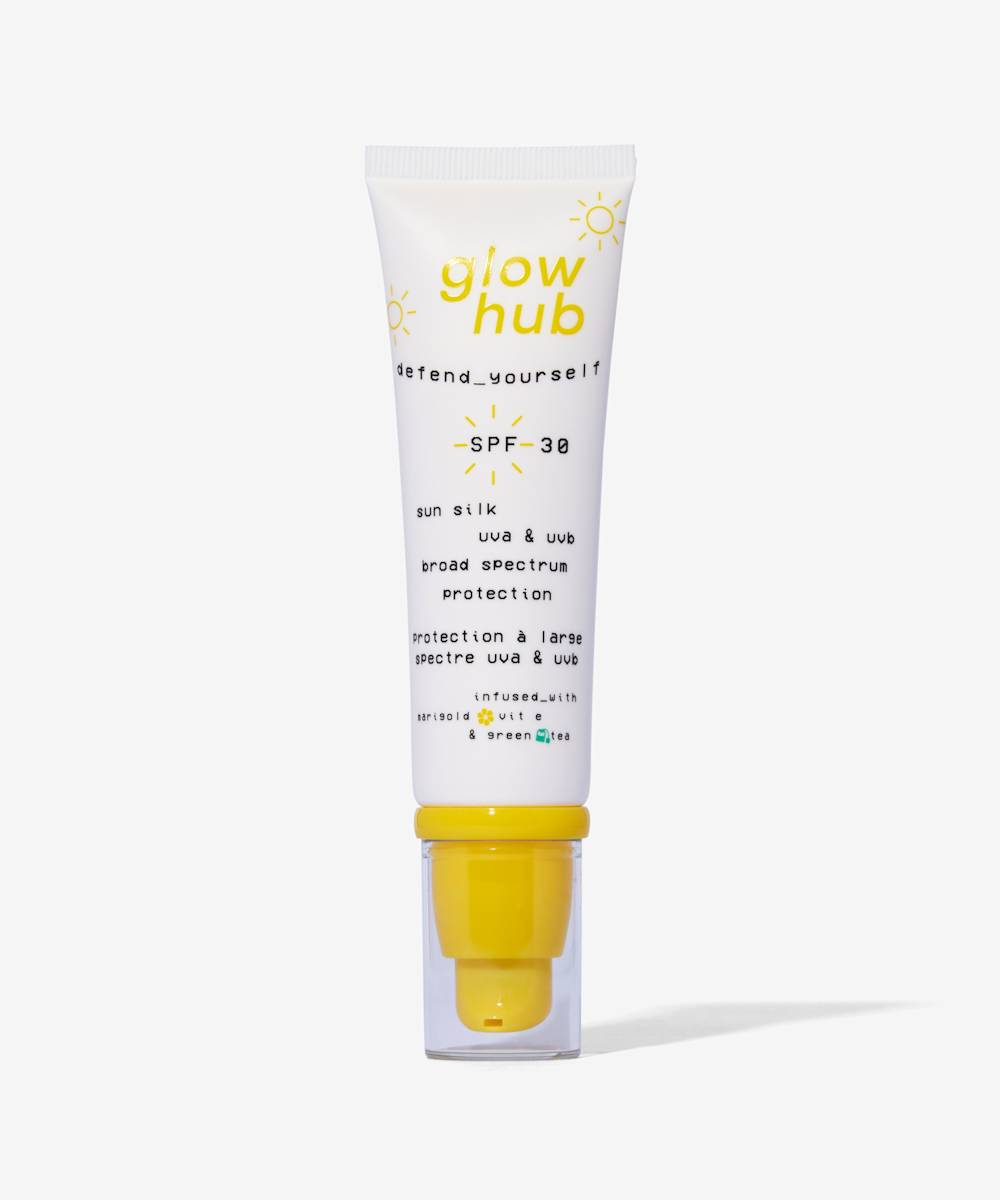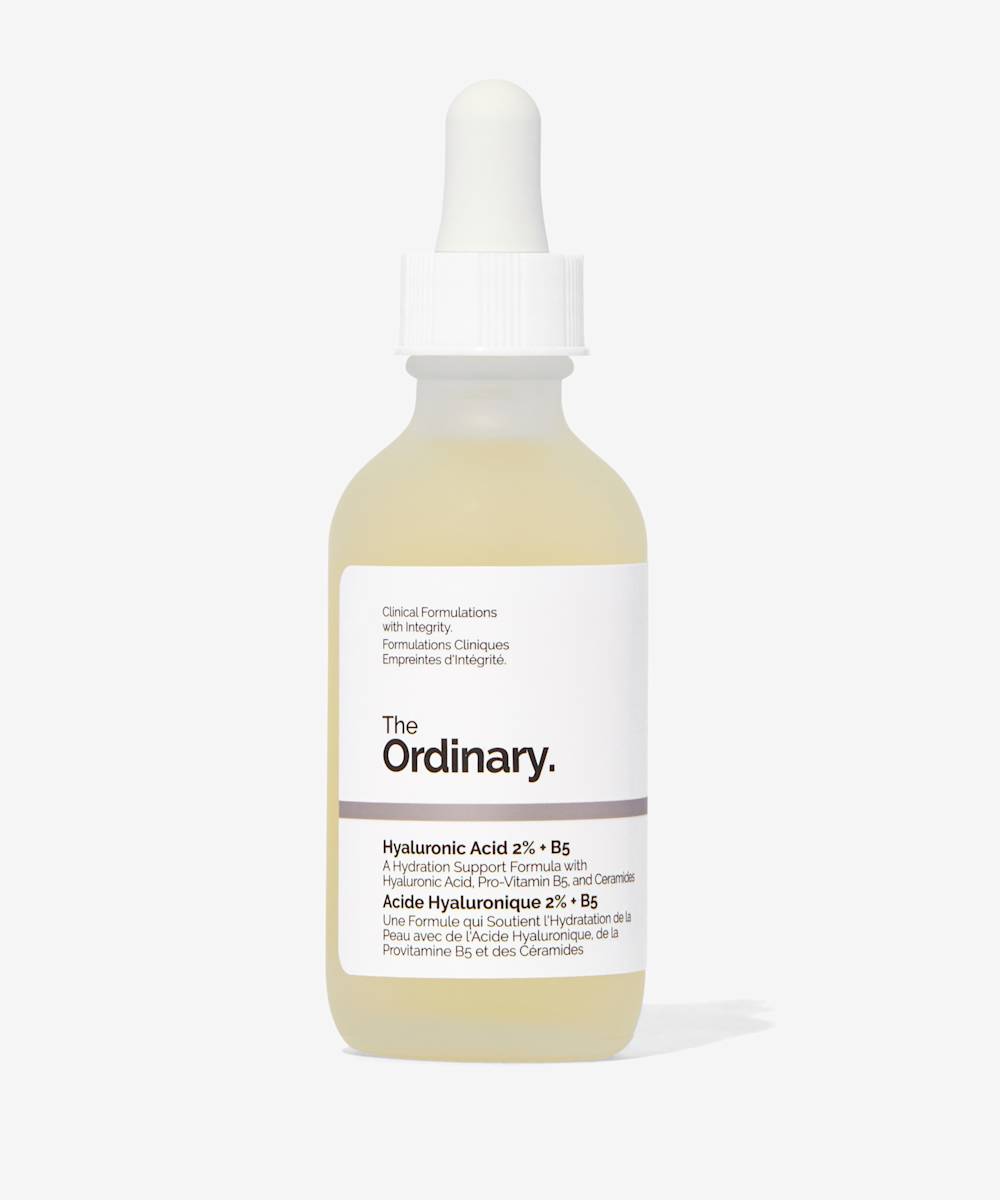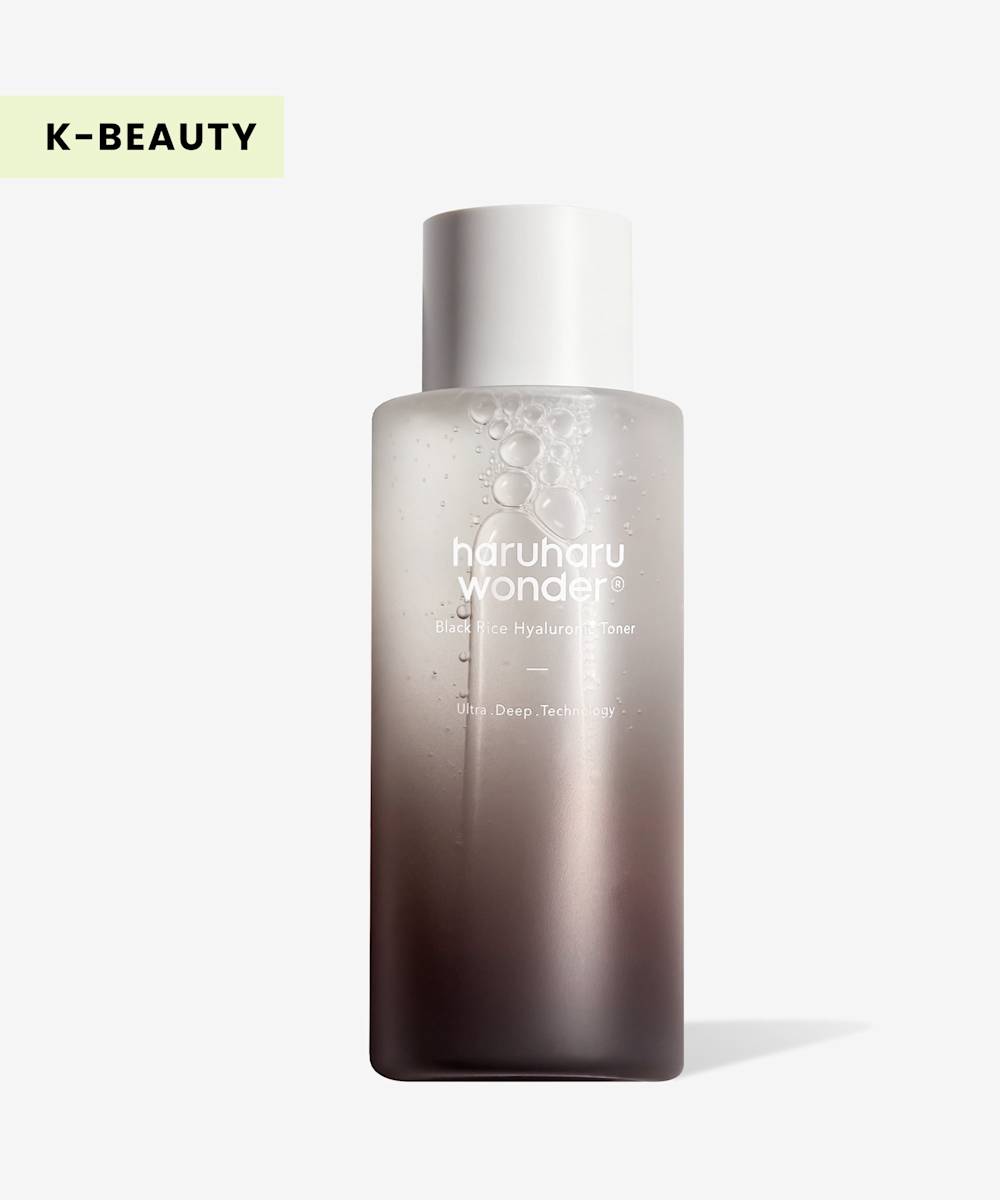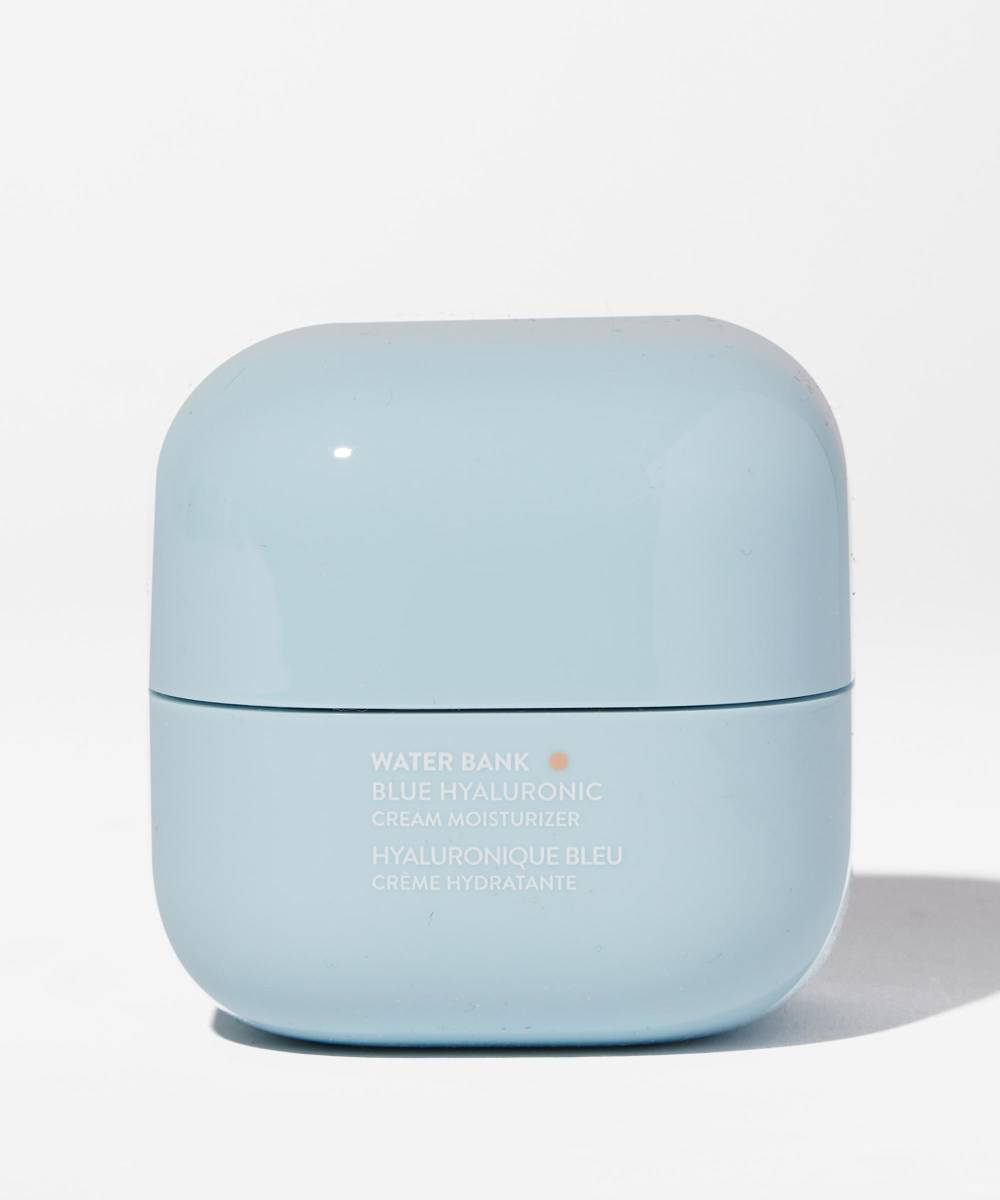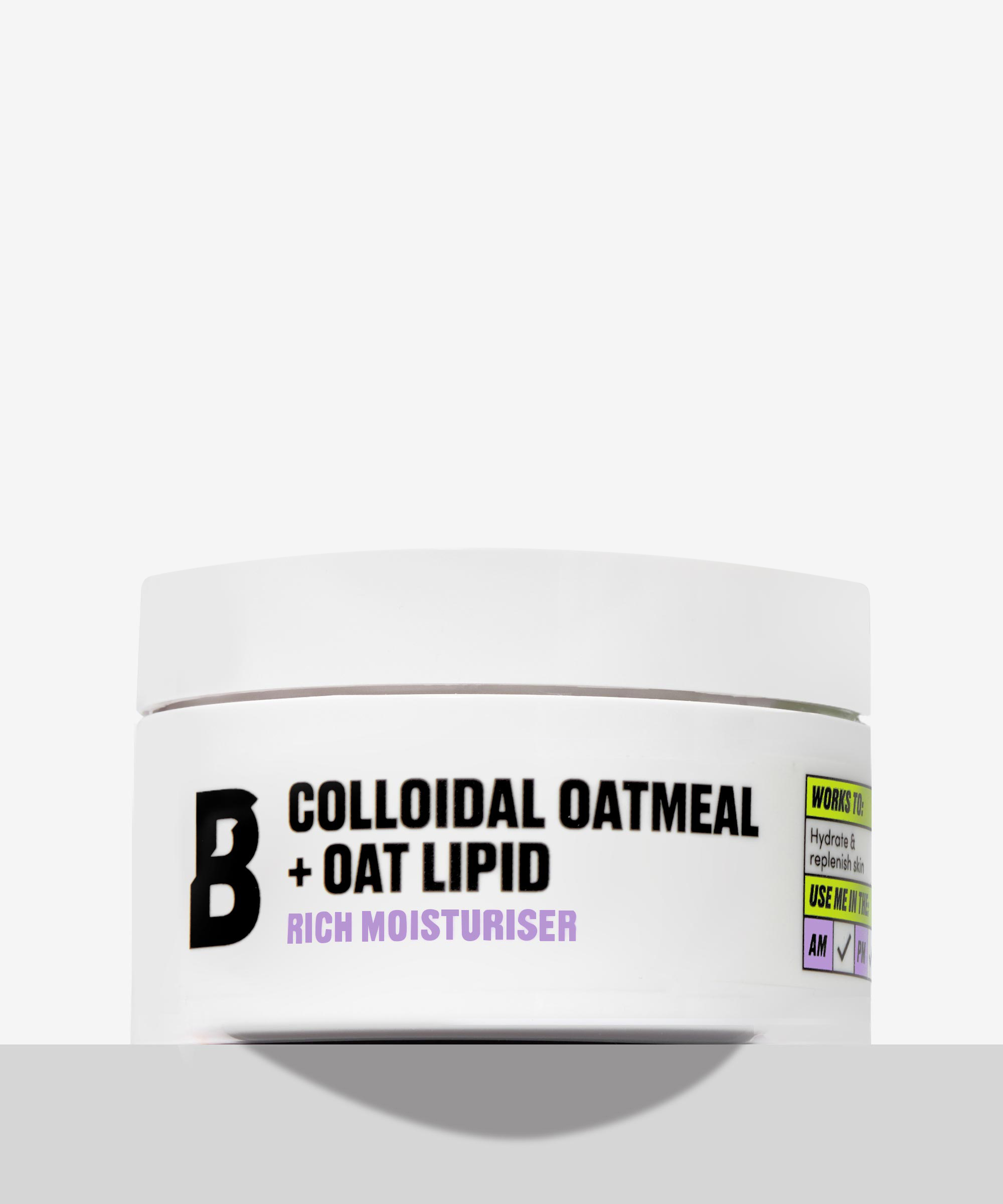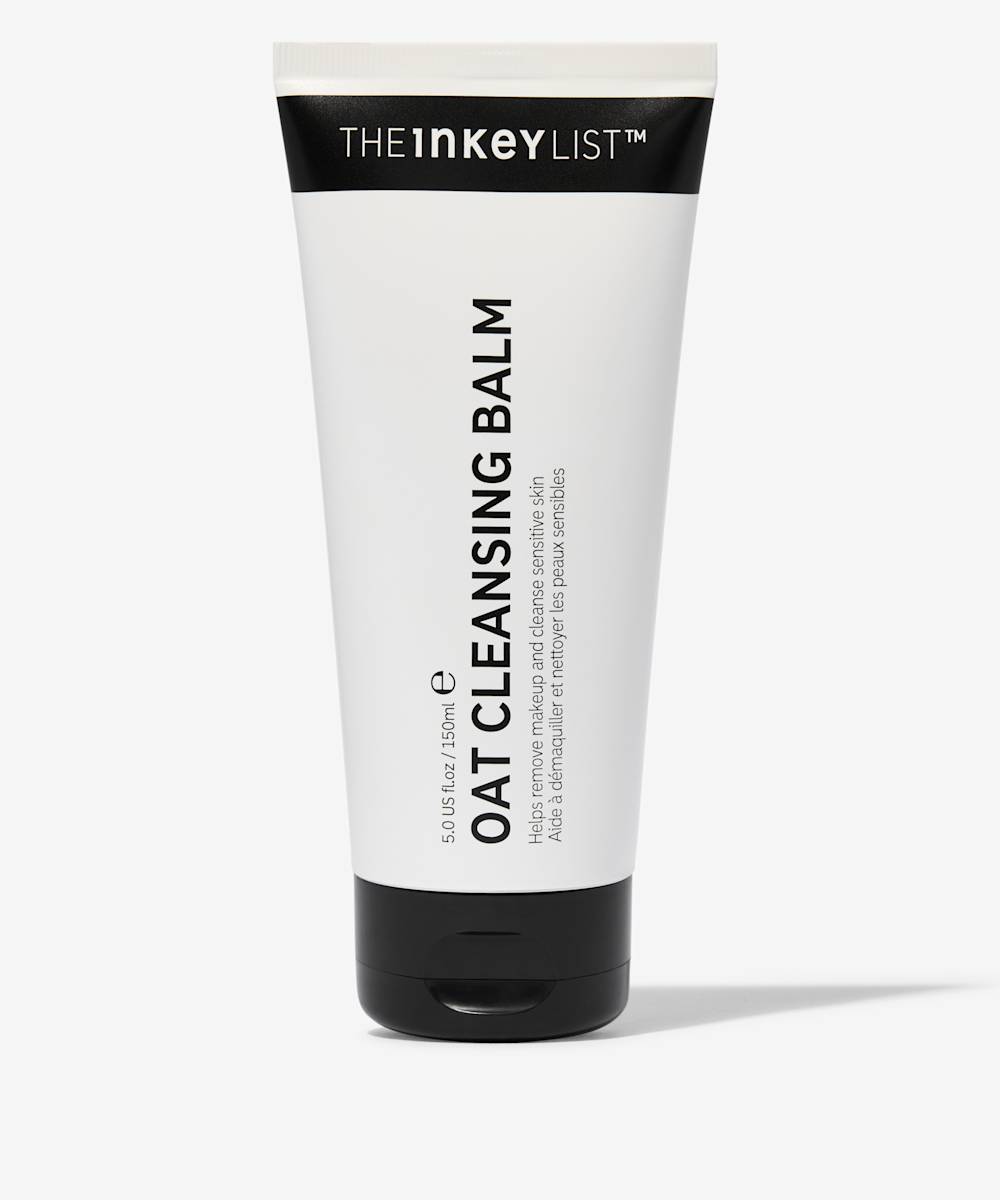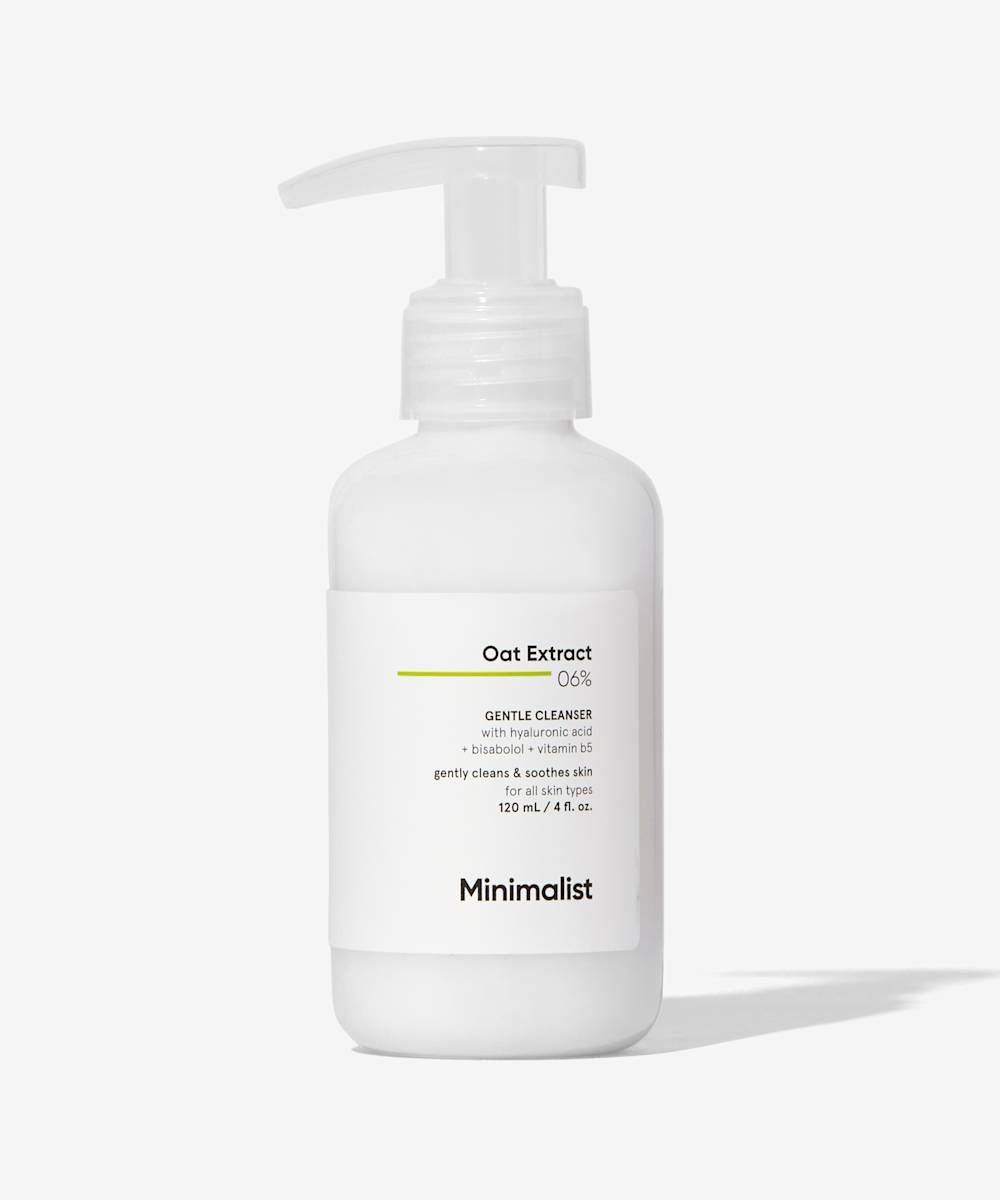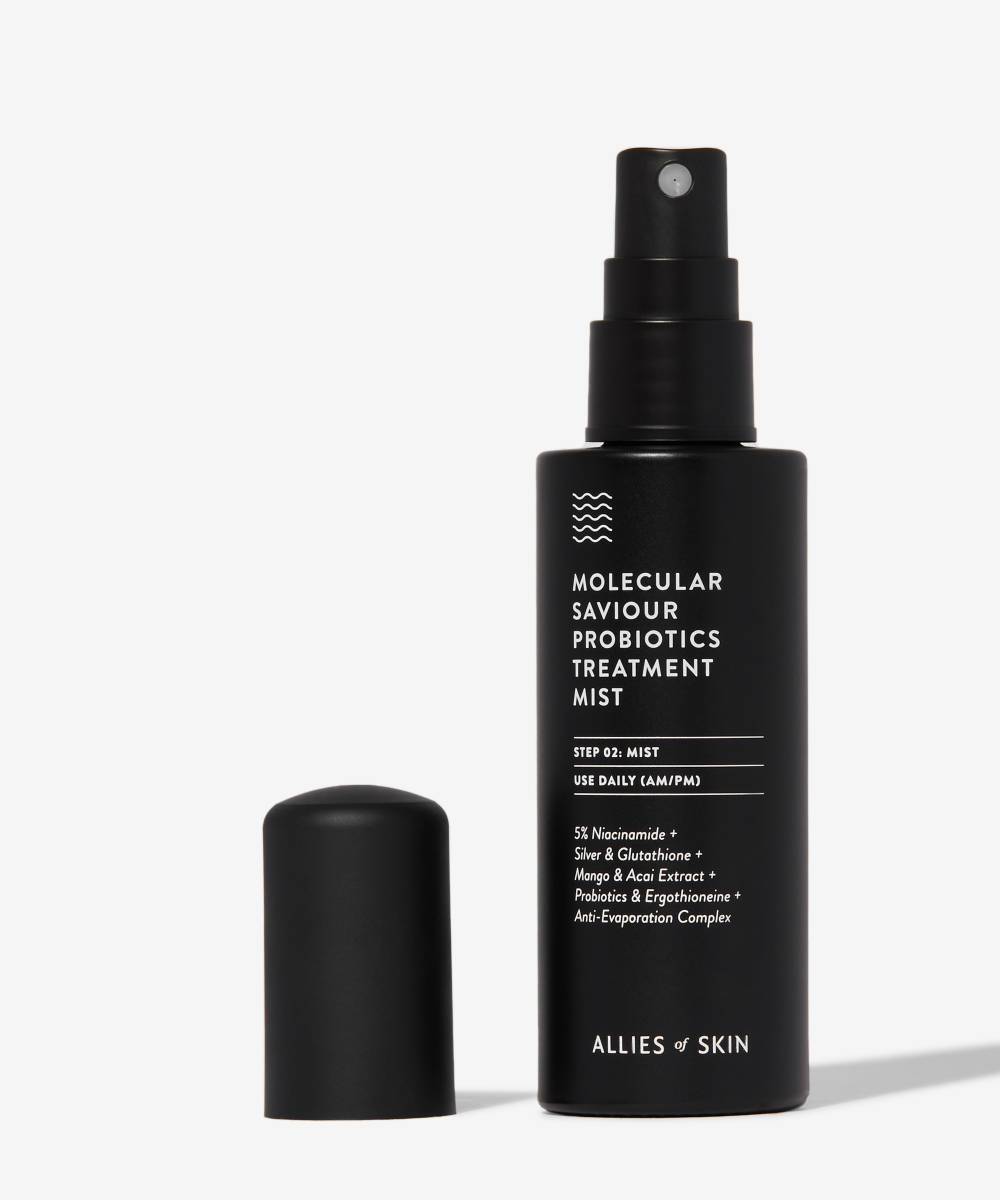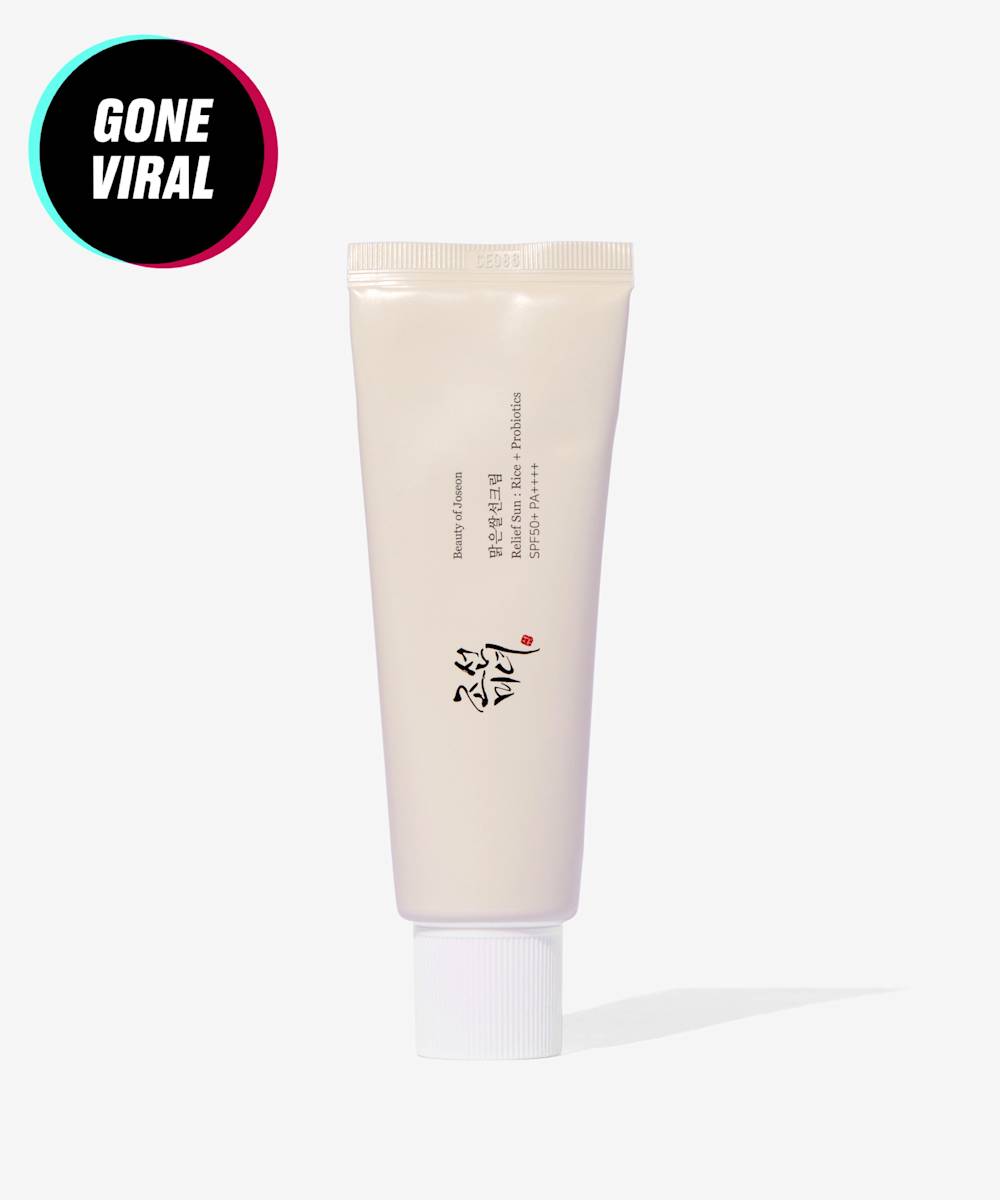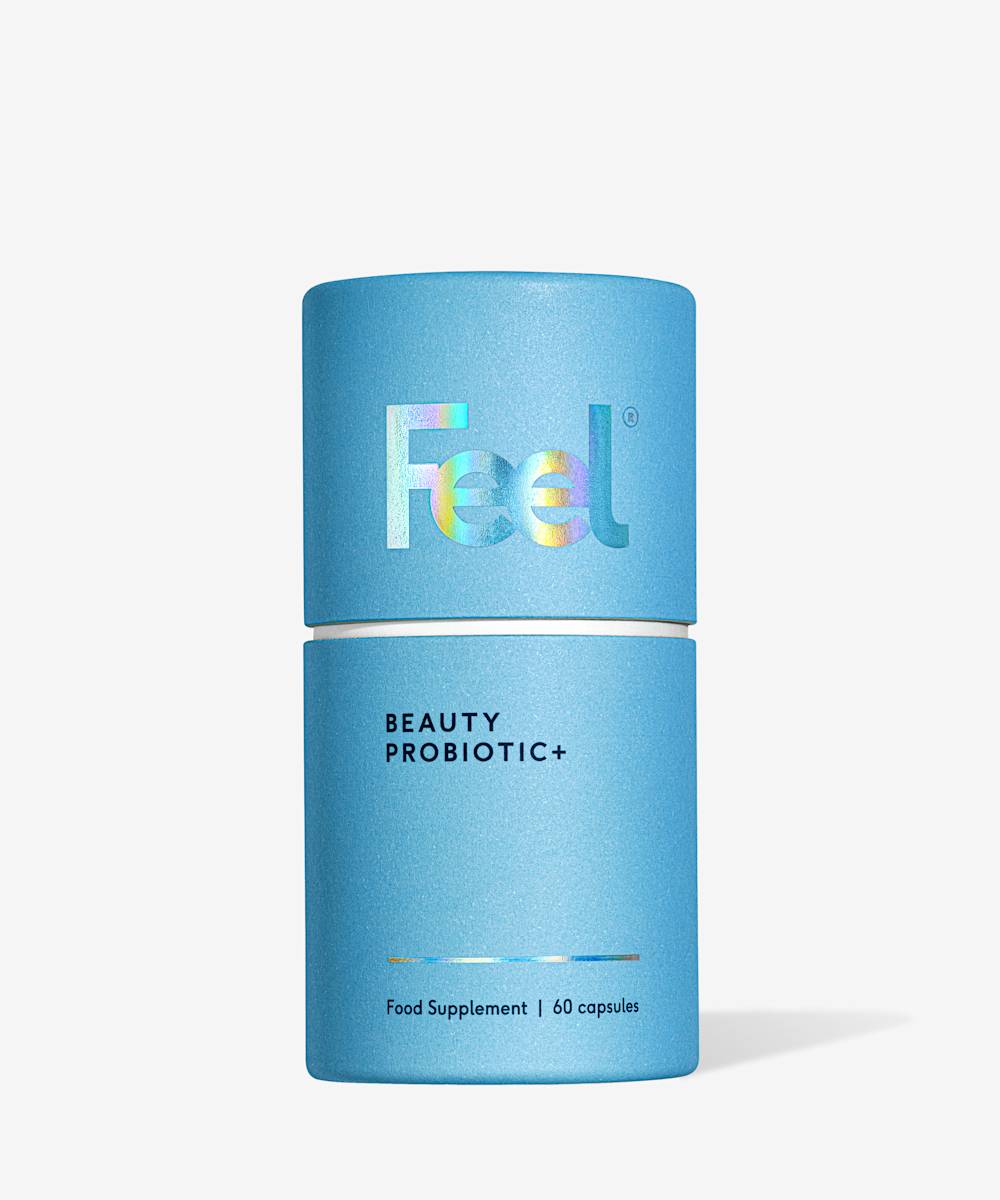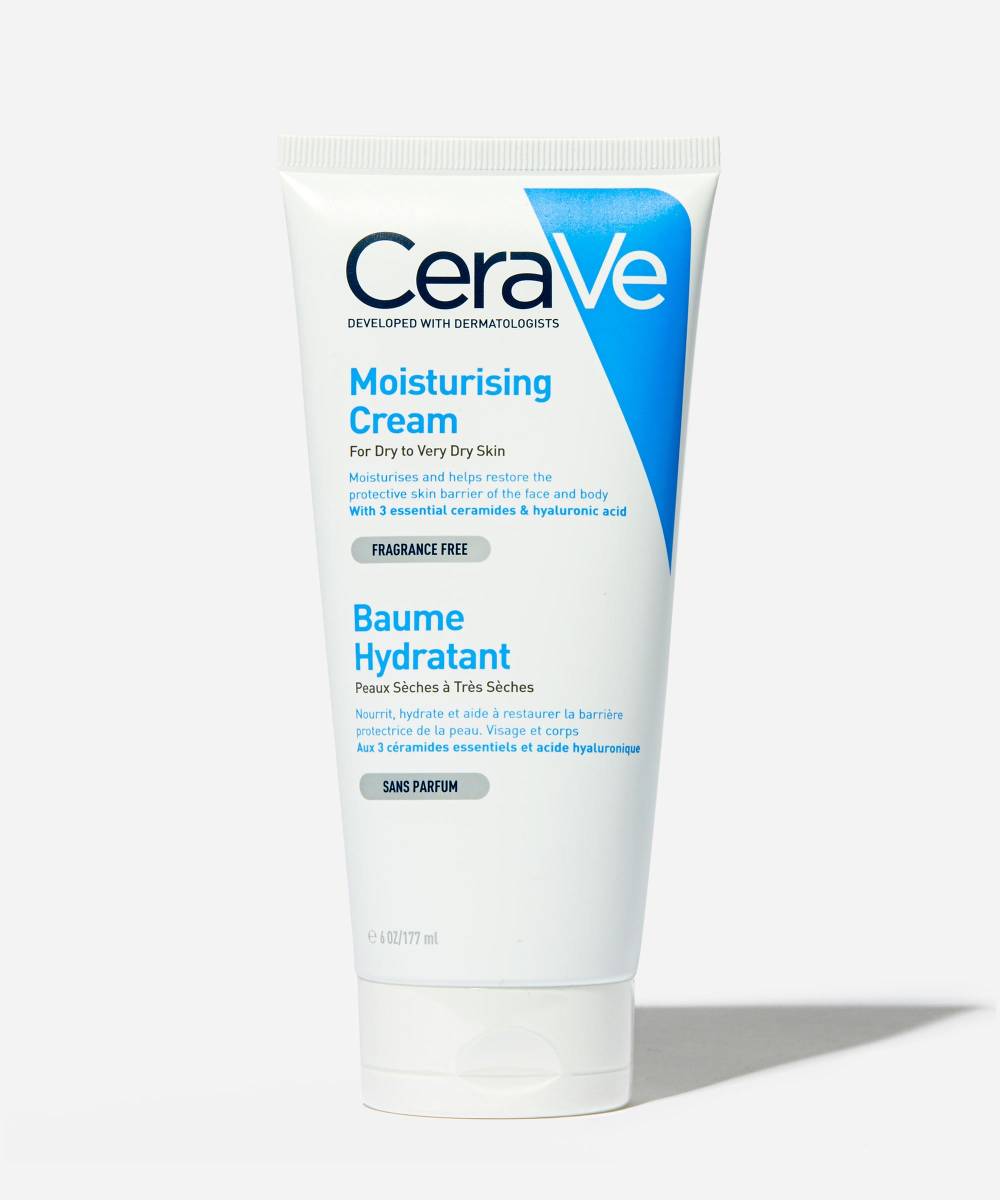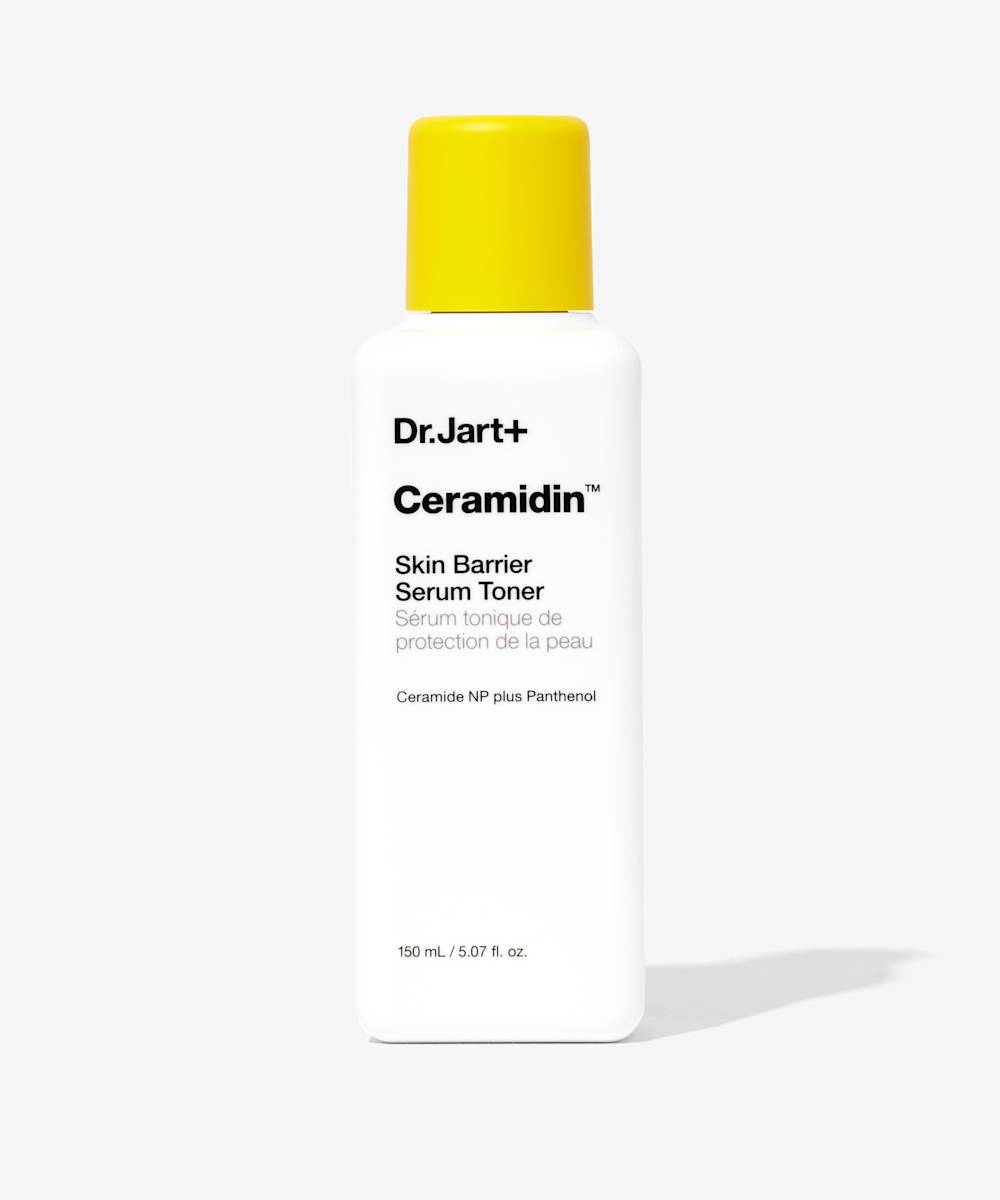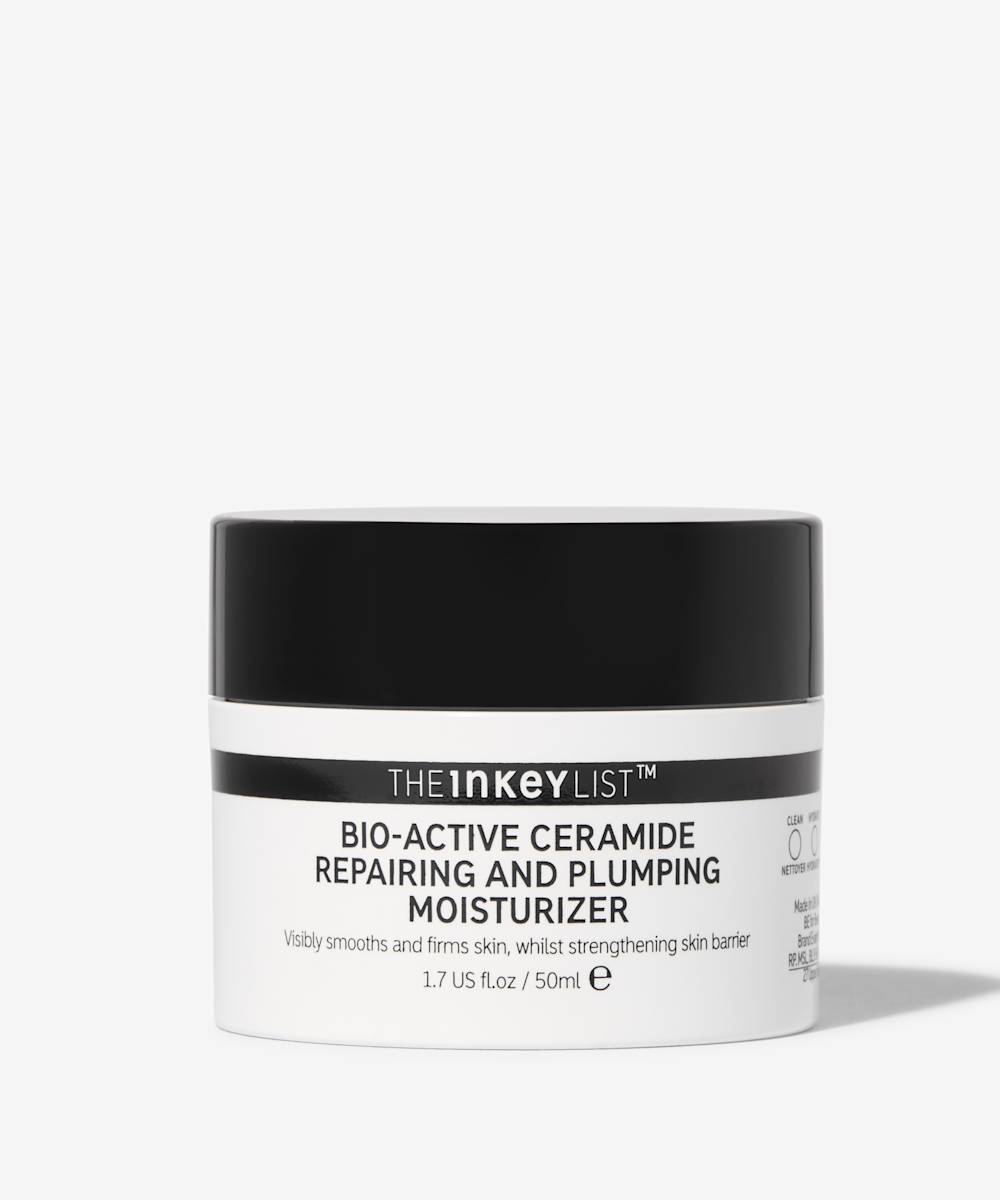Your skin barrier is the protective layer that defends your skin from external aggressors (like pollution and bacteria) and prevents your skin from losing moisture. The more irritated and damaged skin is, the less effective the skin barrier will be, so when it’s damaged and not functioning at its best, skin suffers even more. Hydration escapes, irritants get in, and this causes dullness, dryness, sensitivity, and inflammation.
Think you might have a damaged skin barrier? Skin with a healthy barrier will be smooth, calm, and even-toned, with no redness or inflammation. Skin with a damaged barrier appears and feels sore and irritated, and you may experience an excess of breakouts and congestion or signs of extreme dryness like flakiness and redness.
Luckily, there are a few skin barrier repair ingredients you can bring into your routine to help…
The 9 Best Ingredients For Skin Barrier Repair
From moisture-locking ingredients like squalane, all the way to skin barrier essentials like SPF and prebiotics, here are the ingredients and products that will help you achieve your healthiest skin barrier.
1. Prebiotics
You might have heard of incorporating prebiotics into your diet to help with gut health, but when applied topically, they can have a lot of skin benefits, too. They can help you build a stable, balanced skin microbiome. And if you have sensitive or acne-prone skin, prebiotics are gentle yet effective enough to use. Prebiotics are also often recommended for people with skin conditions like acne, rosacea, and eczema.
2. Squalane
Squalane is a derivative of an ingredient called squalene which is naturally found in the skin (although our supplies reduce as we age). It’s essential for keeping skin nourished and protected as it locks moisture into the skin. It’s also light in texture and unlike many oils, won’t clog pores.
3. Niacinamide
Niacinamide is a real multitasker which is known for its benefits for breakout-prone skin and pigmentation. It’s beneficial for the skin barrier because it increases ceramide production, helping to strengthen the skin structure and aid better water retention.
4. Omegas
Omega fatty acids are beneficial for skin both when they’re taken orally and applied topically to skin. They work to reinforce and smooth the skin’s surface, improve hydration, and reduce signs of dryness and dehydration like flakiness and sensitivity.
5. SPF
Sun exposure is one of the main causes of a damaged skin barrier because UV rays are the number one external aggressor for skin. By protecting skin from UV damage, SPF protects skin from harmful free radicals which damage skin cells.
6. Hyaluronic acid
Keeping your skin well moisturised is essential for a healthy skin barrier. Hyaluronic acid works by drawing moisture deep into your skin (each molecule holds 1000 times its weight in water) so it’s a great skin care barrier ingredient to layer into the middle of your skincare routine.
7. Colloidal oatmeal
When the skin barrier is damaged, water evaporates from the skin, which leads to dehydration. To prevent this, it’s important to seal moisture into the skin with certain skin barrier repair ingredients. Colloidal oatmeal binds to the skin and locks in the moisture, preventing your skin from dehydrating.
8. Probiotics
Probiotics and prebiotics help to balance out the skin’s natural pH and keep the microbiome (part of the skin barrier) healthy. This results in skin that is healthy and balanced, and unlikely to experience inflammation.
9. Ceramides
If you think of your skin as a brick wall, ceramides are the cement between the bricks that hold your cells together. They’re lipids (fats) which strengthen skin by reinforcing its layers and keping the skin barrier intact, helping to prevent moisture from escaping.
*FYI this article was published at an earlier date and has since been updated
